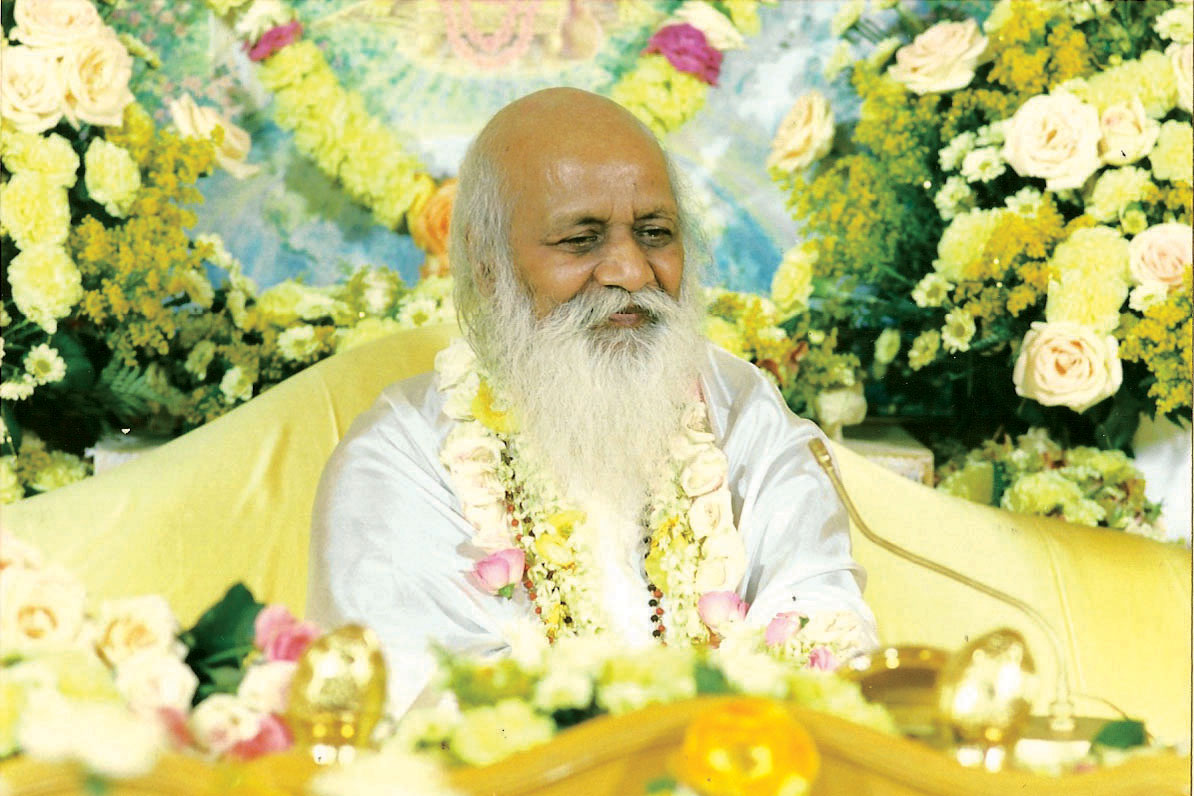

Vedic Chanting and Listening

Veda means knowledge; knowledge of the eternal, omnipresent, unmanifest and absolute level of life—the Unified Field of all the Laws of Nature—and of its expressed values, all the diverse fields of knowledge.
Veda, Total Knowledge, is the inner reality of everyone's life. Veda is the totality of Natural Law, and it is the source of all branches of knowledge, of all sciences, of all religions. Vedic wisdom is independent of time and can never be lost, because it has its holistic basis in the eternal unmanifest transcendental field of life.
The word Veda is derived from the root word, "vid" meaning to know. Therefore, Veda means knowledge. According to the tradition, the Vedas are not manmade, these are eternal—Apaurusheya. Different Rishis—Mantradrishta—Sears have cognized Vedas during their transcendence and later on have been written to preserve the knowledge. Vedas are also known as Shruties. Vedas are considered to be most ancient literature, full of knowledge of every aspect of life. Vedic knowledge has been passed on in a traditional way from generation to generation under Guru Shishya Parampara-Master to Disciple.
Whenever Vedic recitations are heard, the fundamental Laws of Nature begin to pulsate in the human body, enlivening all its various parts and aligning the individual mind and physiology with Total Natural Law. This brings balance, peace, harmony and joy in life.
Vedas are four; Rigveda, Samaveda, Yajurveda and Atharvaveda. His Holiness Maharishi Mahesh Yogi Ji has restructured and restored Veda and Vedic Literature in its original form.
There are forty aspects of Veda: Rig Veda, Sama Veda, Yajur Veda, Atharva Veda, Gandharva Veda, Dhanur Veda, Sthapatya Veda, Shiksha, Kalpa, Vyakaran, Nirukta, Chhand, Jyotish, Nyaya, Vaisheshika, Samkhya, Yoga, Karma Meemansa, Vedanta, Itihasa, Puran, Smriti, Upanishad, Aranyak, Brahmana, Ayurveda (9 Samhitas: Charak, Shushrut, Vagbhatt, Madhav Nidan, Sharangdhar, Bhava Prakash, Harita, Bhel and Kashyap Samhita), Pratishakhya (Rig Veda Pratishakhya, Shukla Yajur-Veda Pratishakya, Atharva Veda Pratishakhya, Sama Veda Pratishakhya (Pushpa Sutram), Krishna-Yajur-Veda Pratishakhya (Tattriya), and Atharva Veda Pratishakhya (Chaturadhyayi).
It is known by tradition and now number of researches have established that chanting or listening the Vedic chanting provides number of benefits. Some of these are:
- Improves immunity.
- Helps to calm the mind.
- Balancing the mind and body coordination.
- Increases concentration and learning.
- Strengthens the lungs and heart.
- Helps to release stress.
- Reduces worries, anxiety and depression.
- Creates harmony between individuals and groups.
- Creates balance in nature.
